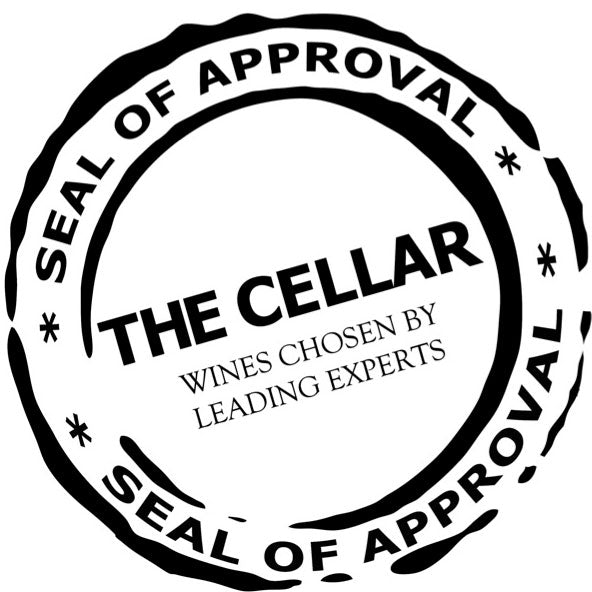Organic, Biodynamic and Sustainable Wines
Organic
Organic viticulture is a rising theme in the wine world with more consumers wanting to have ‘purer’ products. Loosely organic viticulture is a method that dismisses the usage of fertilizers, fungicides, herbicides, pesticides and anything genetically modified that would be otherwise be used in the vineyard. It is a way of using manual and/or natural practises to prevent fungal diseases.
Organic vineyards is also about the health of the ecosystem that is found in the vineyards as this is believed to be the key to producing greater-quality grapes and thus greater wines. Viticulturists will go through many practises to ensure a healthy ecosystem such as: cover crops (flowers or grasses that are planted between vine rows to produce beneficial microbiology systems), using mulch and composts, introducing of living organisms like earthworms to help break down soil and benefit fertility.
Like Biodynamics, Organic viticulture relies on fertilizers that are produced with natural ingredients such as seaweed, plant oils, milk, flower oils and powders of naturally occurring silicates. These natural fertilizers help to protect the vines without leaving chemical residue on them – it is the residue that winemakers moving to these practises want to remove most highly.
Winemakers around the globe have started to really catch on to organic vineyard practises. In 1999 the global vineyard area that was certified organic was 0.5% and in just a decade there is now over 5% with more and more vineyards turning towards certification each year.
Click here to shop our organic wines
Biodynamic
Biodynamic viticulture is largely a holistic approach to vineyard practises. It builds upon the foundations of organic viticulture, ironically as it predates organics by 20 years. Biodynamics builds on the theories of the Austrian philosopher: Rudolf Steiner (1861-1925).
Biodynamic practises organics but differs in three fundamental ways; 1) the vineyard should become a self-sustainable individual, 2) the vineyard is to be treated regularly with herb-based preparations, and 3) and vineyard tasks such as ploughing and pruning are to be timed in accordance with ‘formative forces’ such as lunar and solar rhythms.
The world’s first biodynamic winemaker was Francois Bouchet of Chateau Gaillard in Touraine in the Loire Valley of France. He started to practise in 1962 when he took over the estate and it was his successes that lead to many famous names across France practising biodynamics. Estates such as Domaine Leflaive and Leroy of Burgundy, Chapoutier of the Rhone and Huet in the Loire all started across the 1980s. Since the addition of these estates to the biodynamic movement many wineries around the globe have followed in their footsteps. The results have been impressive with each year more wineries starting to use these practises in hopes to mimic their results.
Click here to shop our biodynamic wines
Sustainable
Sustainability is not just a practise that effects the vineyards or the wines – it is larger concept that effects the economic and social aspects of winemaking as a whole. An fast increase in global sustainability around the wine world is constantly helping out everyone in it.
Sustainable winemaking is about being fair and decreasing your carbon footprint wherever possible. Reduction of carbon emissions seeps into what a winery will use for packaging, bottling and shipping of their wine to what sprays they use in the vineyard to insulation of the winery and using alternative energy sources.
After lowering of carbon emissions and reducing their overall carbon footprint, wineries that are moving towards sustainability must look at their social and economic responsibility. This largely deals with fair pay within the workers at the winery – something that is fundamental to the long-term sustainability of not just the winery in question but also the regions labour force.
